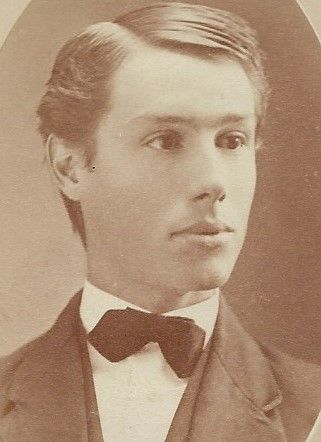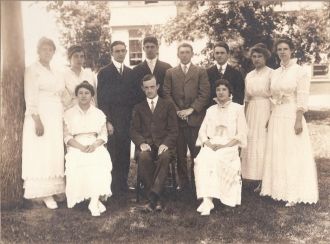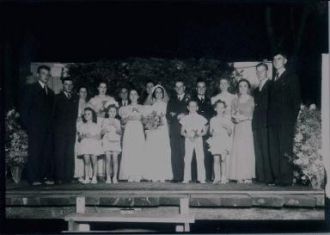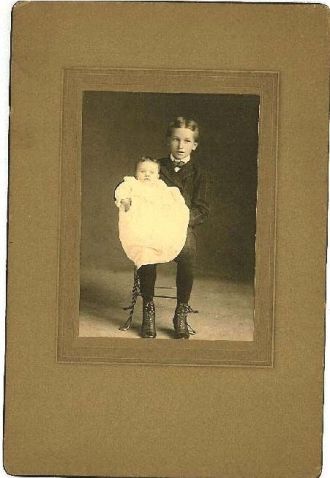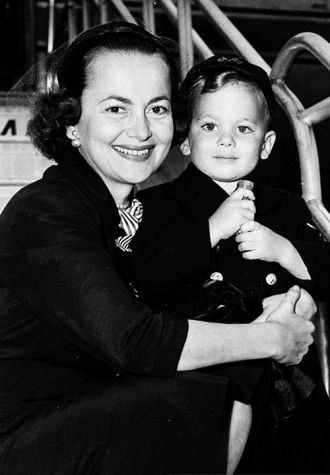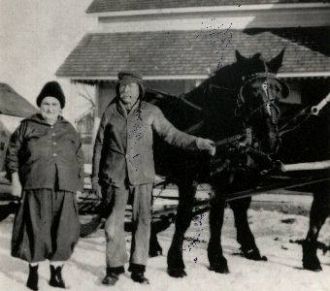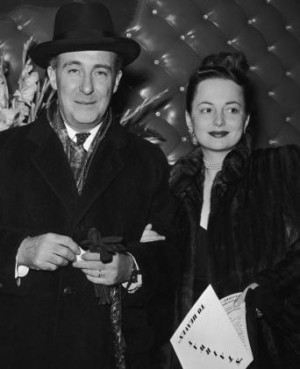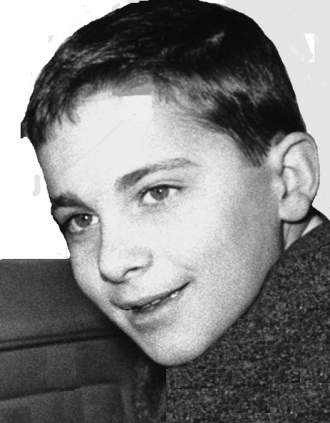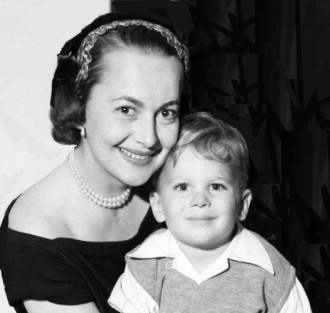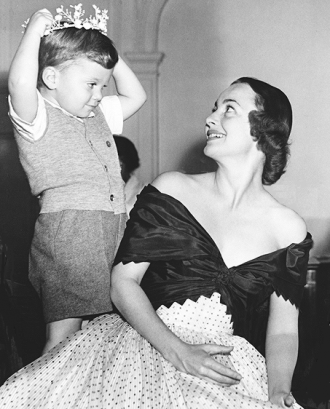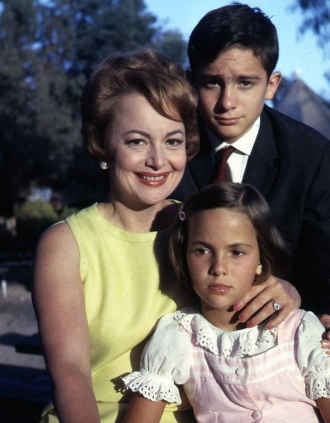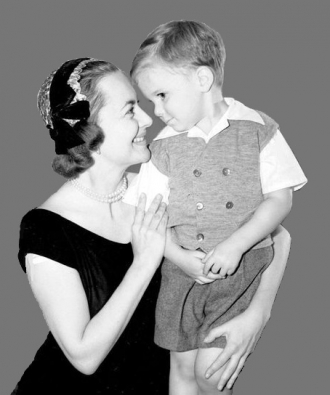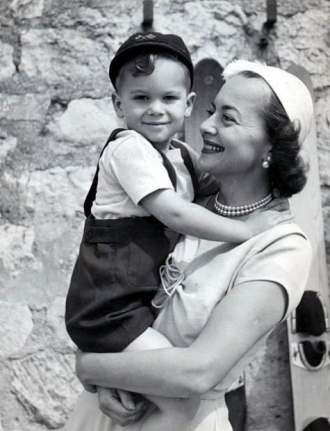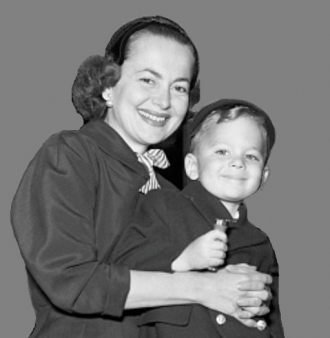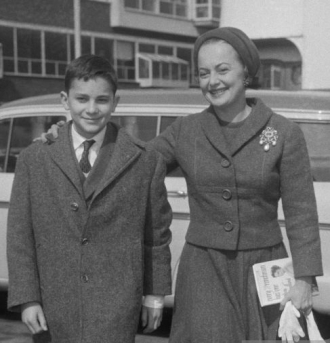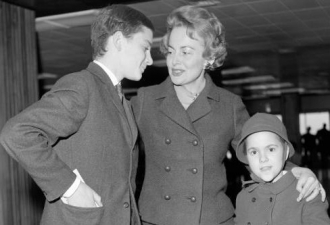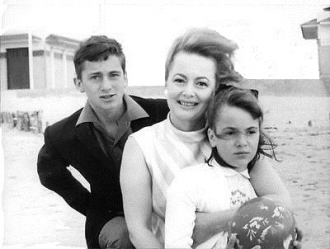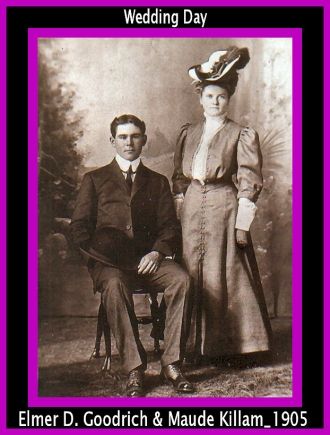John Goodrich, son of Henry Newton Wood Goodrich and Elizabeth Egginton, was born in 1824 in Norwood, Surrey, England. He married Mary Ann Buchanan (1829-1892) in 1847 in London, England. They had eight children. They immigrated to Australia in 1849. He died in 1866.
(A Melbourne Family, 1848-1948 by Winsome E. Matenson 1989)
THE PERILS OF PAWNBROKING.
TO THE EDITOR OF THE AGE.
Sir, — Permit me to solicit, as an act of justice to myself as well as to the public of Victoria, the insertion of the following facts in which my name has been placed very prominently before the public.
On the 20th September I received information from the police that a gold watch, No. 7468, with other articles, had been stolen, and to stop them should they be offered. On the 25th of the same month, Detective Black, with a search-warrant, came to my place, suspecting that the stolen property had been pledged with me. Every facility was given him to search the place, and the number of every watch in my possession was taken. On the 2nd October I was taken in charge by warrant for receiving property knowing it to have been stolen. This was at 1 p.m. I took with me available security to the amount of 1000l as bail, but in consequence of the absence of the presiding magistrate, I was detained and placed with the worst class felons until 11 p.m., when I was released on bail by leaving my securities. On Monday, October 5th, I appeared before, the Bench. The charge alleged against me the prosecution failed to prove, and I was remanded until Monday, the 12th. No further evidence having been offered, I was again remanded until the 15th inst., when the only evidence against me was the two children of Mrs Connel, aged respectively - John, 12, and Kate, 9 years, who stated that I gave them two shillings in pledge for the articles. They, not only failed in proving the accusation, but fixed the identity of myself upon Mr Tufton Smith, the solicitor.
Now, Sir, upon the information of these two children I have been taken from my home, placed with felons, and put to great trouble and expense.
I shall feel greatly obliged by your inserting the above.
JOHN GOODRICH.
Pawnbroker, Collingwood.
(The Age (Melbourne, VIC.: 1854-1954 Tuesday 27th October 1857 p.6)
FIFTY POUNDS REWARD
I hereby promise to pay tho above sum to any person who shall give such information as will lead to tho discovery of any portion of the JEWELLERY Stolen on or about the 17th of September, 1857, from the residence of Mr. Goodllffe, Fltzroy street, Collingwood, provided the same discovery shall lead to the apprehension and conviction of any adult person who was accessory to the within mentioned robbery,
(Signed) JOHN GOODRICH, pawnbroker.
71 Fitzroy Ward Market.
(The Argus (Melbourne, VIC.: 1848-1957) Tuesday 3rd November 1857 p.7)
COLLINGWOOD STREETS.
TO THE EDITOIt OF THE AGE.
Srs, - As I find the columns of your paper are open for the report of the filthy condition of Elizabeth street, I hope, on behalf of my neighborhood, to be allowed the same privilege in them, to report the present state of Young and William streets, Collingwood. I am not alluding to these streets without just cause of complaint. Young street is over fifty feet above the level of Elizabeth street, and yet we have waterholes reaching the whole width of the road, as though we were situated in a swamp that could not be drained.
This man trap has been increasing in size these two years, for the summer sun was only sufficient to dry the surface. Many an unfortunate stranger has got bogged, and narrowly escaped suffocation. It is now utterly impossible for a dray to pass the street. l am not speaking of a right-of-way, but of a public street, where there is properly equal to any in the City of Melbourne. Fancy paying taxes to a Corporation for a certain privilege and not having that privilege. I am called upon to pay twenty-five shillings being my share of the lighting rate and there is not a light in the whole length of the street being half a mile long. Six months since the oil lamps were taken down and there are no lights erected in their stead.
Through this negligence on the part of the members of the Corporation I am denied the privilage of burning gas, had the lighting rate not been called for I question if I should have said so much as I have, and beg to be excused if I have done so to no purpose. The people of Collingwood are mostly English and are therefore slow to anger. Were a little of the Foreign blood infused in them that we find upon some of our gold-fields, such a state of things would not exist. It is well I have heard of Job or I might kill myself or go somewhere else.
JOHN GOODRICH.
2nd June, 1858. Young street, Collingwood,
(The Age (Melbourne, VIC.: 1854-1954 Tuesday 5th Saturday 1858 p.4)
THE QUEEN V. JOHN GOODRICH
The prisoner was tried by Mr. Justice Pohlman, at the Melbourne Criminal Sessions, the 21st June last, on an information for obtaining money by false pretences. The pretence charged was, that the prisoner, on 7th May last, "unlawfully did pretend to one Thomas Morris that a certain chain, which the said John Goodrich then produced to the said Thomas Morris, was all made of gold, by means of which false pretence". The evidence for the Crown was that Morris had gone to the shop of the prisoner, a pawn-broker, and asked to be shown some gold chains for purchase. Prisoner showed some chains as gold chains. Morris bought one and took it away, but brought it back again, saying it was not gold. The prisoner then tested the chain, and said it was gold; and ultimately he said, "I will guarantee it gold." The other witnesses for the Crown proved that the chain was the greater part of it only brass gilded, and only some few links of it of gold of not greater fineness, at the best, than 9 carats. At the close of the case for the Crown, it was objected that there was a variance between the pretence charged - that the chain was "all made of gold", and the pretence proved - that the chain was "gold." Mr. Justice Pohlman had directed the jury that the substance of the issue was proved, if the jury should be of opinion that the defendant falsely pretended the chain was gold, and it was not so, although the false pretence laid in the information was that it was "all gold." The jury found the prisoner guilty, but the Judge reserved the point, and respited sentence.
(The Argus (Melbourne, VIC.: 1848-1957) Saturday 3rd September 1859 p.5)
n.b. A respited sentence is a suspension of a sentence, which is to be executed at a future time.
STEALING A WATCH
Charles Davis was charged on Wednesday last, at the city police court, with stealing a watch from Elizabeth Stephens, servant to Mrs Bowler, of Powlett street, East Melbourne. The prisoner had been in the habit of receiving his meals at the house of Mrs Bowler, and cutting wood and doing other odd jobs in the yard. The watch was missed from the house, and was found to have been pledged by the prisoner at the pawn office of Mr Goodrich. The prisoner was sent to gaol for six months.
(Leader (Melbourne, VIC.: 1862-1935 Saturday 15th April 1864 p.3)
DEATH RECORD
Victorian Register of Births, Death & Marriages
Registration Number: 997/1866
Age at Death: 42
DEATH
At 120 Young Street, Fitzroy, Melbourne. Winsome E MATENSON's book records that he died of injuries caused by jumping off a parapet when he was either sunstruck or insane. He was looked after by a Chinese man.
INQUESTS
An inquest was held by Mr. Candler on Monday, at Fitzroy, on the body of John Goodrich, who died from Injuries received from his throwing himself from the parapet of his house into the street. Deceased had been in confinement at the Yarra Bend Asylum, on bond. He had made previous attempts on his own life, and In consequence of this, a man named John Boyde was engaged to stay with him, to take charge of him. He, however, got into a room by himself about daylight on Monday morning, locked the door, and then by some means got on to the parapet of the house. After being there for a short while, he threw himself forward into the street headforemost, and fell with his shoulder in the gutter. His head also struck the ground, and his skull was fractured by the fall. He died at about a quarter of an hour afterwards. The jury found that at the time when deceased threw himself from the house he was in a state of insanity.
(The Australasian (Melbourne, Vic.: 1864-1946) Saturday 10th February 1866 p.6)

